The Impact of AI on Automation
The integration of Artificial Intelligence (AI) in automation has become a transformative force across various industries, revolutionizing the way businesses operate, enhancing efficiencies, and fostering innovation. This article delves into the nuances of AI in automation, its applications, benefits, challenges, and the future outlook.
Introduction
The concept of automation, the technique of making an apparatus, a process, or a system operate automatically, has been around for decades. However, the infusion of AI has taken automation to a new level, enabling systems to perform tasks that require human-like intelligence such as learning from data, making decisions, and solving complex problems. AI in automation encompasses a broad spectrum of technologies including machine learning (ML), natural language processing (NLP), robotics, and computer vision.
Applications of AI in Automation
AI-powered automation finds its application in a multitude of sectors including manufacturing, healthcare, finance, and customer service among others.
- Manufacturing: AI-driven robots are employed in production lines to enhance efficiency and safety. These robots can predict maintenance needs, automate repetitive tasks, and adapt to new processes.
- Healthcare: AI automates diagnostic processes, patient data analysis, and even assists in surgical procedures, thus improving accuracy and patient outcomes.
- Finance: Automated AI systems in finance include algorithmic trading, fraud detection, and customer service chatbots, enhancing efficiency and customer experience.
- Customer Service: AI chatbots and virtual assistants automate customer interactions, providing 24/7 service and personalized customer experiences.
Benefits of AI in Automation
The integration of AI into automation systems offers significant benefits, including:
- Increased Efficiency and Productivity: AI automates routine and complex tasks, enabling human workers to focus on higher-value activities.
- Improved Accuracy and Quality: AI systems minimize human error, enhancing the quality of output whether in manufacturing precision parts or diagnosing medical conditions.
- Cost Reduction: Automation of repetitive tasks reduces labor costs and operational expenses.
- Enhanced Decision Making: AI analyzes vast amounts of data to provide insights and forecasts, aiding in strategic decision-making.
Challenges and Considerations
Despite its numerous benefits, the integration of AI in automation also presents challenges:
- Ethical and Privacy Concerns: The use of AI raises questions about data privacy, surveillance, and the ethical implications of automation in terms of job displacement.
- Technical Challenges: Developing, implementing, and maintaining AI systems require significant technical expertise and infrastructure.
- Bias and Fairness: AI systems can inherit biases from their training data, leading to unfair outcomes or decisions.
- Regulatory Compliance: As AI technologies evolve, keeping up with regulatory standards and compliance becomes a challenge for organizations.
The Future of AI in Automation
The future of AI in automation is poised for exponential growth, with advancements in AI technologies leading to more sophisticated and autonomous systems. Key trends include:
- Adaptive and Self-Learning Systems: Future AI systems will be more adaptive, capable of learning and optimizing their operations in real-time.
- Collaborative Robots (Cobots): Cobots working alongside humans will become more prevalent, enhancing productivity and safety in workplaces.
- Personalized Automation: AI will enable more personalized automation services, from tailored marketing campaigns to customized healthcare treatments.
- Sustainability: AI automation will play a crucial role in sustainable practices, optimizing resource use and reducing waste.
Conclusion
The integration of AI in automation represents a frontier of endless possibilities, driving efficiencies, fostering innovation, and reshaping industries. While the benefits are substantial, it is imperative for businesses and policymakers to address the challenges and ethical considerations associated with these technologies. As we advance, the collaborative effort between humans and intelligent systems will undoubtedly unlock new opportunities and pave the way for a future where AI-driven automation is at the heart of societal progress.
Author


